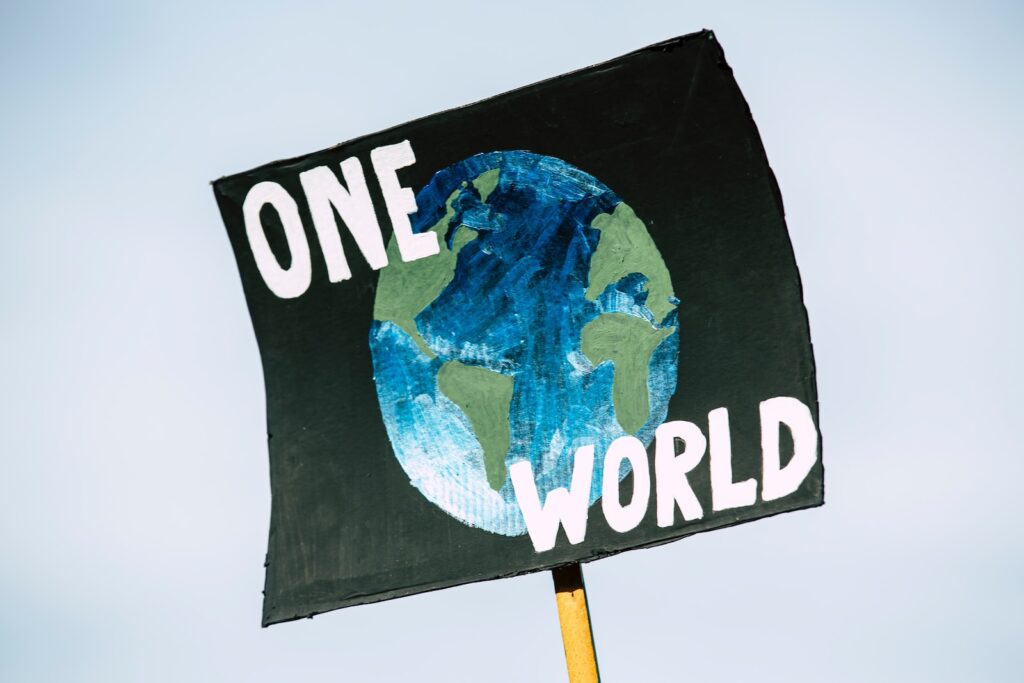Breaking the stagnation cycle: The case for a greener political agenda
We can’t let politics and convenience stand in the way of driving back Earth Overshoot Day, says Chris Williams, founder and CEO of recycling and waste management software specialist ISB Global.

August 2nd marked this year’s Earth Overshoot Day, the day on which humanity’s use of the planet’s resources exceeds its ability to regenerate in the year. The current deficit is caused by both our depletion of natural resources and by the emissions and other waste we create.
Calculated by the Global Footprint Network, Earth Overshoot Day is computed by dividing the planet’s biocapacity by humanity’s demand for resources that year and multiplying the answer by 365.
Earth Overshoot Day has shot forwards since calculations began, falling on Christmas Day in 1971 and August 5th, 40 years later. Although the rate of progression has slowed in the last decade, this does not represent progress. Structural change is required to reverse the damage of the past 50 years.
Striving for a greener political agenda
As Earth Overshoot Day prematurely surfaces for the fourth decade running, wildfires rage across southern Europe as scientists report that July was the hottest month in 120,000 years. With the current state of affairs, even the staunchest climate change deniers are hard-pressed to argue we’re not in the grips of a crisis.
Yet despite the obvious warning signs, there are recent indications that political leaders are willing to put their own agendas above the needs of the planet. Over the past couple of weeks alone, Rishi Sunak backtracked on plans for a diesel and petrol car ban citing concerns this would inconvenience families, while Keir Starmer put pressure on Sadiq Khan to rethink ultra-low emission zone plans after losing a seat in Uxbridge due to the new measures.
These developments are a concerning sign of things to come. Instead of scaling back on environmental commitments, key government and opposition figures should be doubling down on efforts to deliver the net zero transition.
Fighting the war on convenience
A penchant for convenience is another significant barrier to pushing back Earth Overshoot Day. From single-use plastics to fast fashion, our society has embraced a culture that prioritises instant gratification and short-term convenience over long-term sustainability.
On a corporate level, businesses need to evaluate how they feed into unsustainable habits and consumption patterns. This involves stripping back packaging and using recycled materials to reduce the amount of waste they’re responsible for producing and properly disposing of electronic waste when upgrading company tech to newer.
Consumers themselves can also play a part in the battle against convenience. This begins by putting the planet first when selecting the products they use – efforts should be made to avoid single-use plastics, choose low-packaging goods and shun harmful industries such as fast fashion.
Enacting individual, national and global change
The decisions we make for our personal, national and global energy use and waste management can help to move Earth Overshoot Day back. Adopting a circular economy model, where we prevent mining for new resources and focus on renewable energy sources, reuse existing materials and recycling of those that can’t be reused, is the best way to help protect the Earth’s resources.
Individually, this means thinking about what we buy, how we travel, where we live, how we heat and power our homes, and how we actively reuse or recycle to reduce our demand on nature’s resources.
Nationally, it means businesses and government organisations thinking about how we design and run services. How we integrate better, cleaner modes of transport and how we support communities to live and work more sustainably. We also need to pay attention to the state of nature – preserving wild spaces, reintroducing helpful flora and fauna, promoting biodiversity and sustainable ecosystems within existing areas and across new developments and reversing the damage done by activities such as over-fishing.
And globally, it means working together to reduce land loss for farming or other food production, supporting nations who are most at risk from climate change, and committing to and working towards the UN’s Sustainability Development Goals.
Don’t underestimate the significance of waste
The waste and recycling industry has a key role to play in efforts to push back Earth Overshoot Day. Organisations in this sector should look for ways to reduce their waste by supporting sustainable collection, reuse and recycling. They should also contribute to the circular economy by reselling materials in secondary markets, supporting commercial customers in their own sustainability endeavours and showing public authorities how waste can be addressed positively and profitably.
More features:
Climate control: Alternatives to F-gases for organisations and their estates
Here’s looking at you, Qatar: Water management in a desert state
Images: Crown Copyright (Top) / Markus Spiske (Bottom)
















